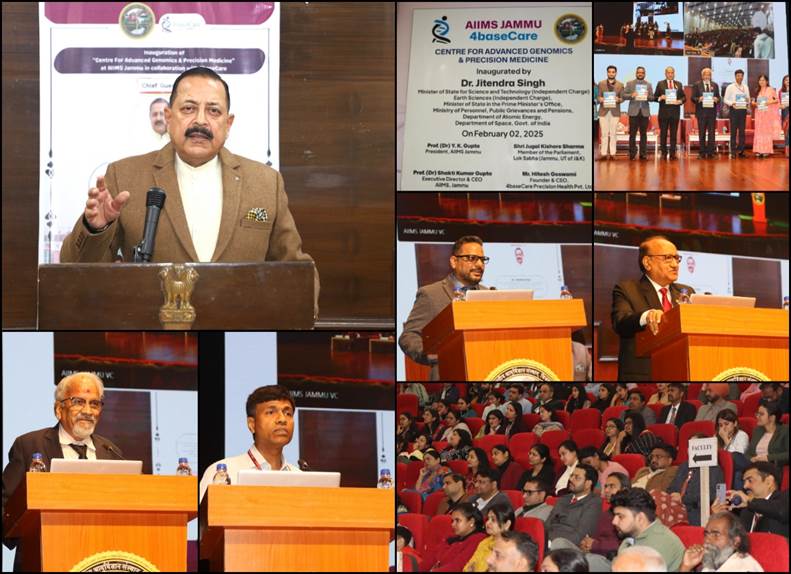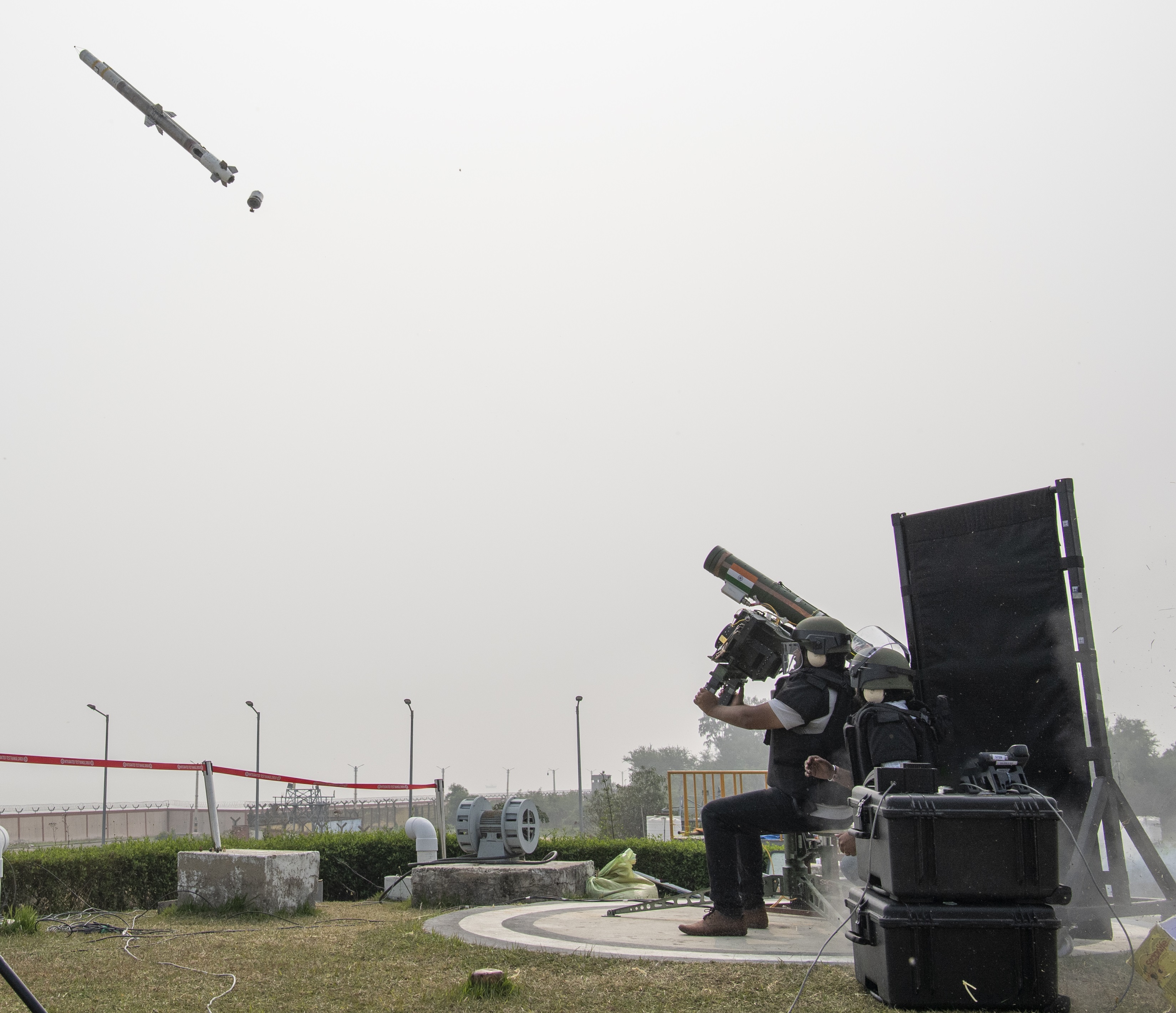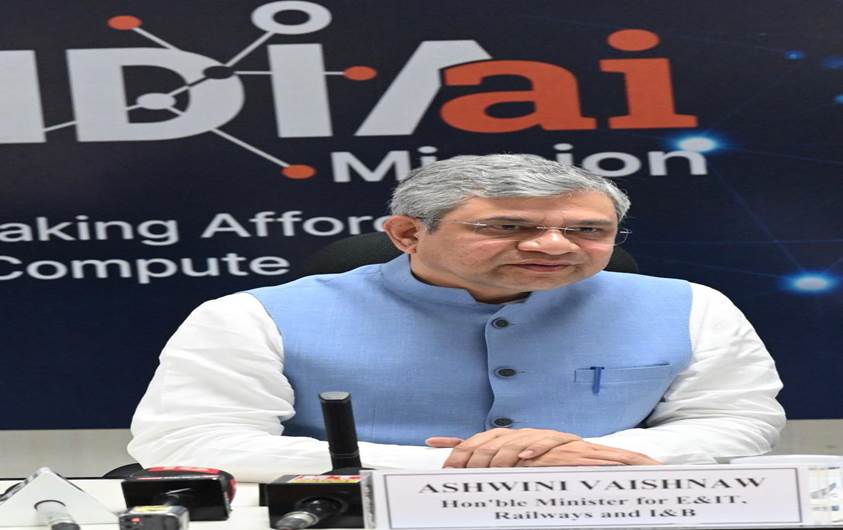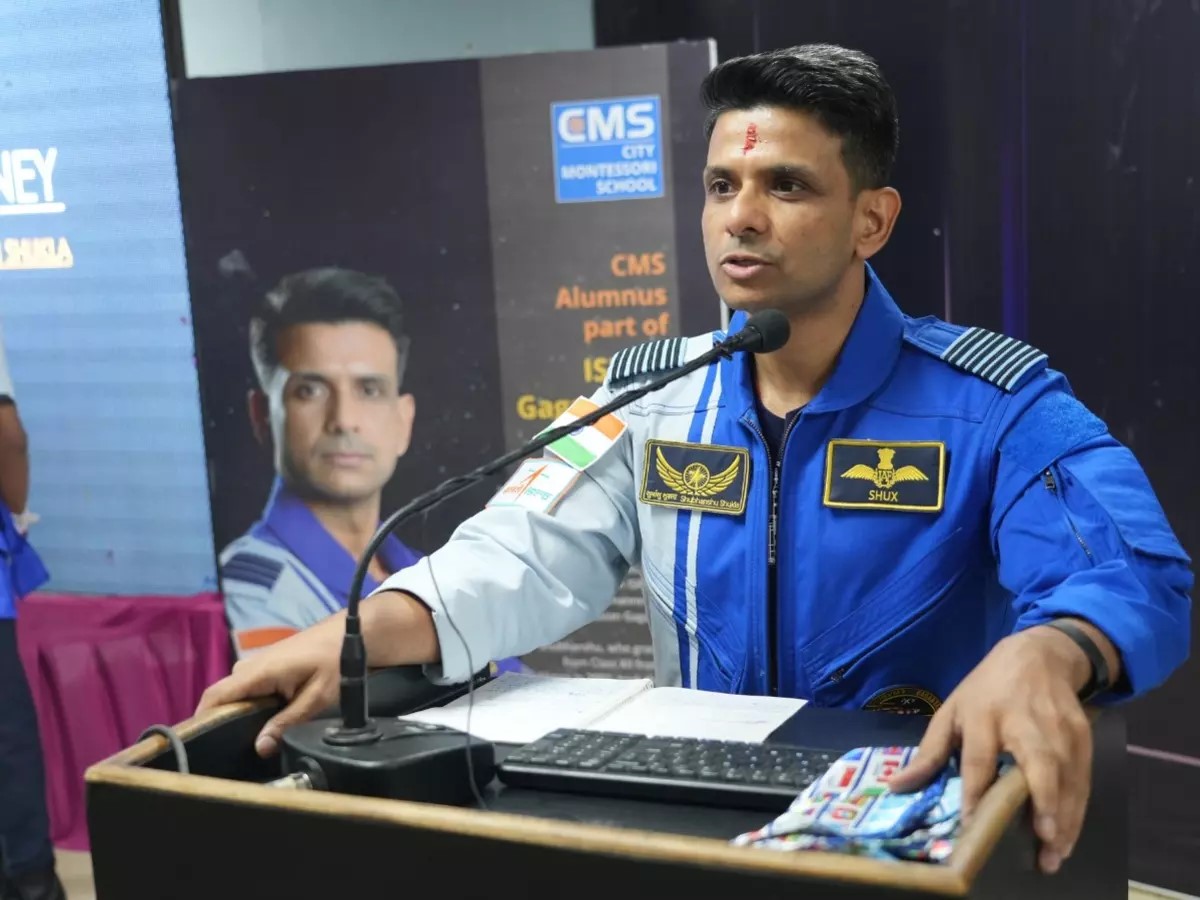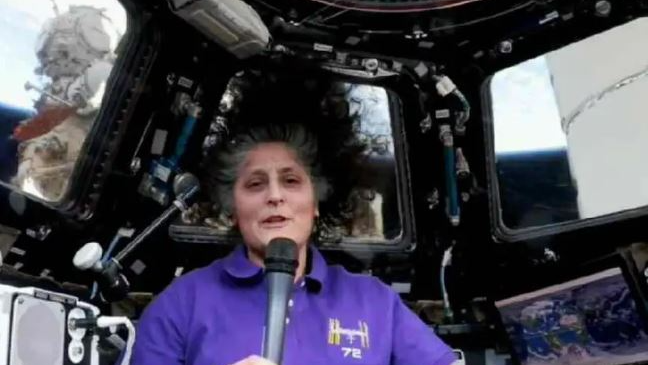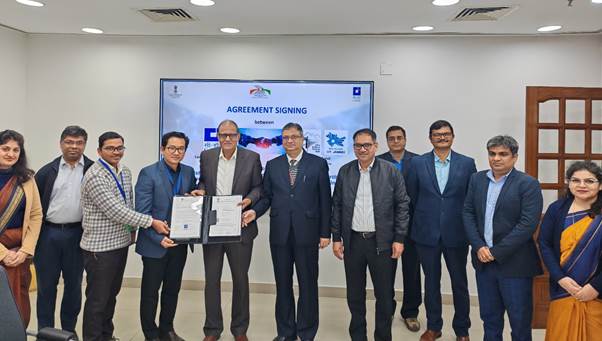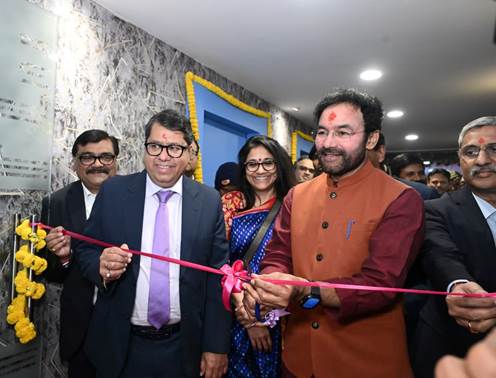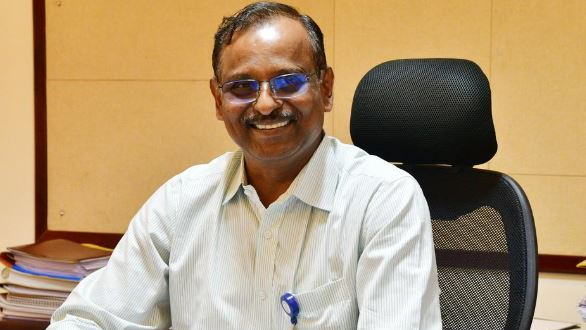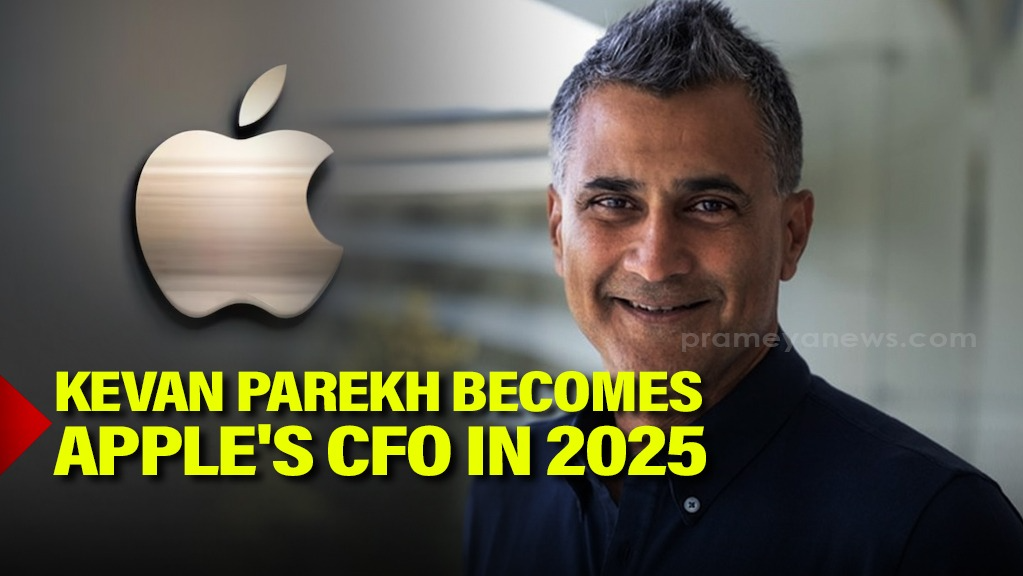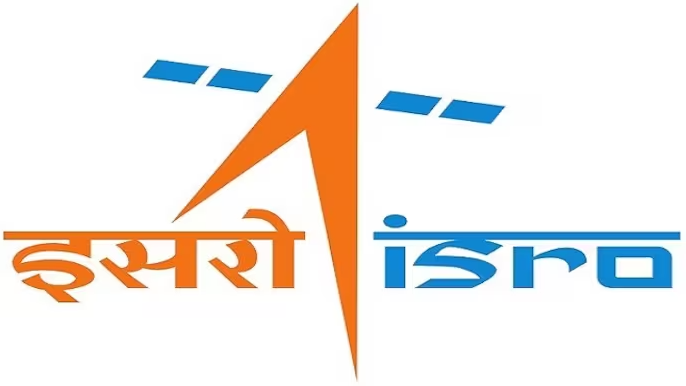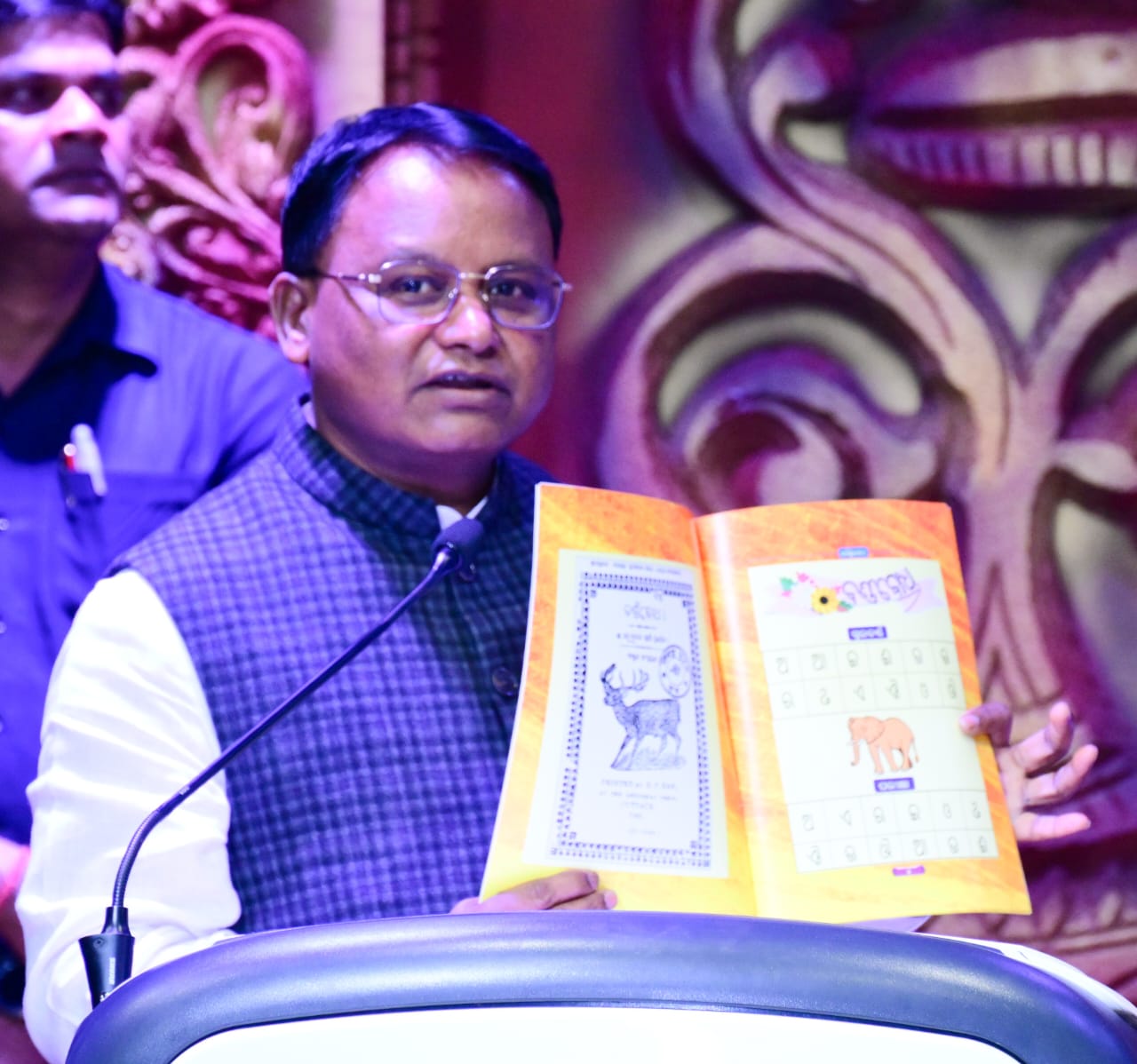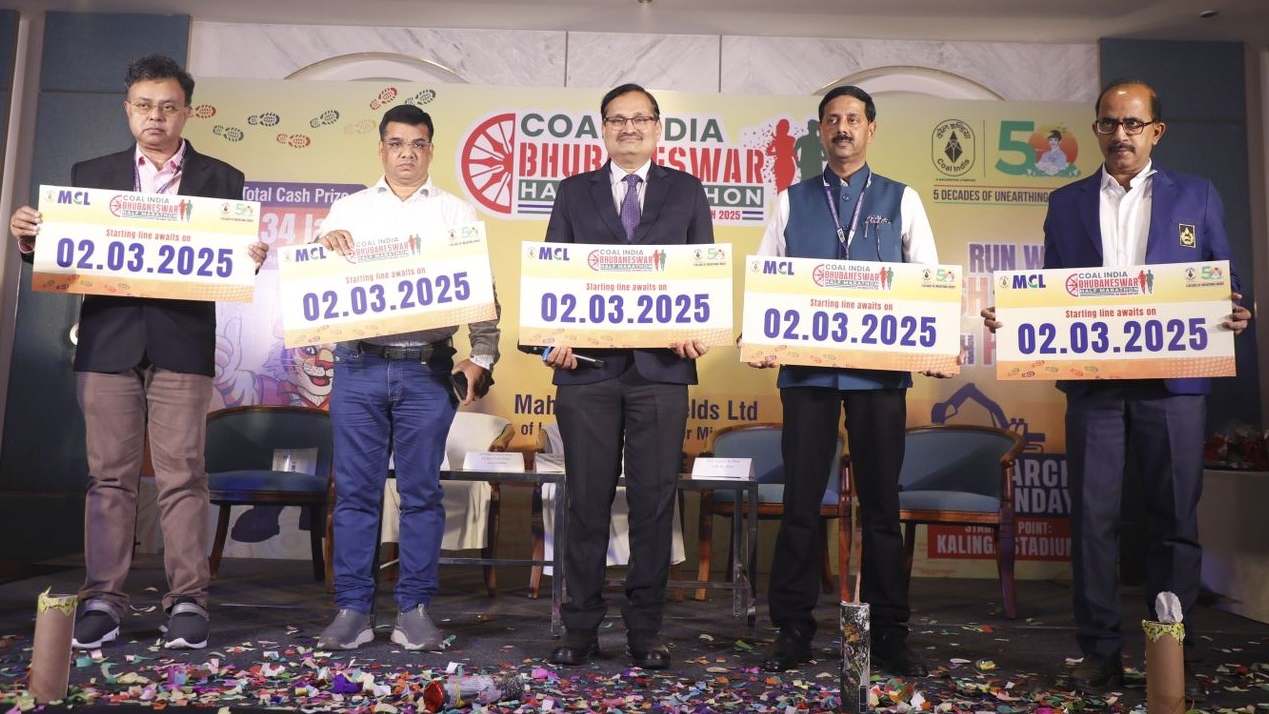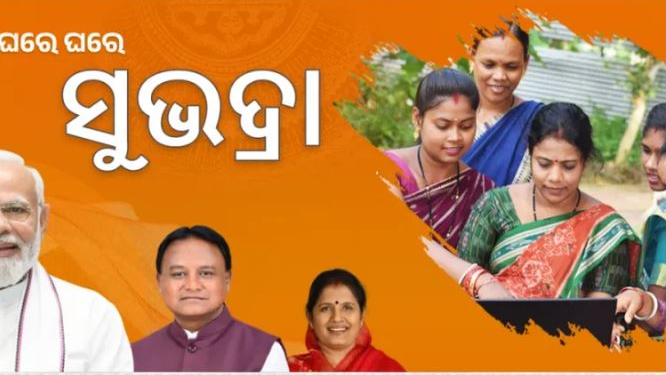Jammu, February 2 : “Gene therapy promises individualised management of disease for each patient. Even if two individuals suffer from the same condition—be it cancer, kidney disease, or any other ailment—the treatment could be different in each case, guided by the individual’s unique genetic makeup, pre-existing susceptibilities and inherited vulnerabilities.”, stated Dr. Jitendra Singh, Union Minister of State (Independent Charge) for Science and Technology; Earth Sciences and Minister of State for PMO, Department of Atomic Energy, Department of Space, Personnel, Public Grievances and Pensions, while inaugurating the Centre for Advanced Genomics & Precision Medicine at AIIMS Jammu.
Set up in collaboration with 4 base Care, the Centre aims to usher in a new era of personalised medicine, leveraging cutting-edge genomic research to provide targeted treatment based on individual genetic profiles.
Underscoring the transformative potential of gene therapy, the Minister emphasised that with genomic advancements, doctors would no longer rely on a one-size-fits-all approach but would tailor treatments to maximise efficacy and specificity for each individual.
The newly launched Centre for Advanced Genomics & Precision Medicine places AIIMS Jammu among the frontrunners in India’s medical research landscape. By integrating genomic data with AI-driven diagnostics, the centre aims to enhance early disease detection, optimise treatment strategies, and reduce the trial-and-error approach in medical prescriptions. Experts at the event noted that this facility would play a pivotal role in advancing precision oncology, cardiovascular genomics, and genetic screening for rare disorders.
Dr. Jitendra Singh pointed out that under Prime Minister Narendra Modi’s leadership, India has prioritised technology-driven progress in the healthcare sector. He cited the government’s efforts in promoting indigenous research and biotechnology, highlighting the exponential growth in India’s bio-economy—from a mere $10 billion in 2014 to nearly $130 billion today, with an ambitious target of $300 billion in the near future. He further stated that with over 9,000 biotech startups compared to just 50 in 2014, India is rapidly emerging as a global leader in medical innovation.
The Minister stressed the need for an India-specific genomic database, highlighting the country’s unique genetic diversity. “India is a subcontinent in itself, with over 4,600 distinct demographic groups. Our gene sequencing efforts, which have already mapped 10,000 healthy individuals across 99 communities, will help create a robust dataset tailored to Indian-specific health challenges,” he said. He reaffirmed the government’s commitment to completing one million genome sequences in the coming years to enable more accurate disease prediction and personalised interventions.
Dr. Jitendra Singh also pointed out the resurgence of infectious diseases alongside the rise in non-communicable diseases, urging a hybrid approach combining traditional diagnostics with genetic insights. “India has already proven itself in preventive healthcare, pioneering innovations like the world’s first DNA-based COVID-19 vaccine and the HPV vaccine. With this new centre, we will further strengthen our ability to prevent, diagnose, and treat diseases using cutting-edge technology,” he said.
A key objective of the centre is to make precision medicine affordable and accessible to the masses. While personalised treatments have traditionally been costly, AIIMS Jammu aims to leverage indigenous research and government-backed biotech initiatives to bring down costs and integrate precision medicine into public healthcare programs.
The Minister highlighted initiatives like Ayushman Bharat, which has provided health coverage to millions, and the recently launched Bio-E3 policy, which focuses on biotechnology for economic growth, environmental sustainability, and employment generation. He stated that the government’s National Research Foundation (Anusandhan) will play a crucial role in funding next-generation research in genomics and personalised medicine.
Dr. Jitendra Singh elaborated on how Precision Medicine could be a game-changer for cancer treatment, enabling doctors to design targeted therapies instead of relying solely on conventional chemotherapy and radiation. He cited India’s recent success in conducting the first-ever genetic therapy trial for haemophilia at CMC Vellore, where patients showed a 60% improvement in clotting factor production, with zero bleeding episodes. The trial, acknowledged globally and published in the New England Journal of Medicine, underscores India’s rising stature in genetic research.
He also noted that genomic medicine would play a crucial role in tackling lifestyle diseases such as diabetes, which is now affecting younger age groups in India. A recent study found that the prevalence of Type 2 diabetes in Jammu is slightly higher than the national average, making AIIMS Jammu’s research even more critical in developing effective intervention strategies.
Dr. Jitendra Singh concluded his address by reaffirming the government’s vision of a Viksit Bharat by 2047, where healthcare is not only curative but also predictive and preventive. “This is just the beginning. The future of medicine is personalised, and India is well on its way to leading the world in genomic healthcare,” he said.
Earlier, in his welcome address, Director AIIMS Jammu, Dr Shakti Gupta was all praise for Dr Jitendra Singh for the setting up and continuous upgradation of AIIMS Jammu.
Dr YK Gupta President AIIMS and Dr V Srinivas Director AIIMS New Delhi also spoke on the occasion.







